Today’s readings
This fall, it was a real pain trying to get in and out of my driveway at the rectory, let alone into our parking lot here at church. The village had torn up the streets in order to rebuild them. It was a huge inconvenience then, but the streets are nice to travel on right now. My dad used to say that there are tearer-uppers and fixer-uppers when it comes to road construction, and apparently there are ten times as many tearer-uppers as there are fixer-uppers. Now, that may be a bit of an exaggeration, but when you’re sitting in a traffic jam, it starts to make real sense!
We live in this area where there are just two seasons: winter and road construction, and so when we hear the prophet Baruch say “God has commanded that every lofty mountain be made low, and that the age-old depths and gorges be filled to level ground, that Israel may advance secure in the glory of God,” well, we may just cringe a little bit. But I think we can sure relate to the experience.
At the time of the Babylonian empire, whenever the monarch traveled workers would precede him leveling the ground and filling in ditches to make the way smooth for his chariots. So that explains Baruch’s prophecy, and also the prophecy of Isaiah that St. Luke quotes in today’s gospel: “Prepare the way of the Lord, make straight his paths. Every valley shall be filled and every mountain and hill shall be made low. The winding roads shall be made straight, and the rough ways made smooth.” And it’s easy for us to extrapolate that in order to prepare the way for our monarch, Jesus Christ our king, we would want the way to be smooth and pristine too.
But for us, the roadwork isn’t so much the topography of the countryside as it is the topography of our spiritual lives. We all have rough spots, crooked ways and assorted obstacles on our spiritual paths. Our intentions to be friends with God may be good, but often we have lost our way or been stuck in a kind of spiritual traffic-jam. Our goal is communion with our friend, Jesus Christ. Our best intentions are to get there. Our frustration is that often we are derailed and never seem to reach the goal. But the promise is that God will indeed bring that good work to fulfillment, as St. Paul says in today’s second reading, and we will then rejoice in our salvation with all God’s holy ones.
But all of that presupposes that we are clear about the fact that we need a Savior. We need God’s mercy. Wherever we are on the journey to Christ, whatever the obstacles we face, God promises to make it right through Jesus Christ – if we will let him. We may be facing the valley of hurts or resentments. God will fill in that valley. Perhaps we are up against a mountain of sinful behavior or shame. God will level that mountain. We may be lost on the winding roads of procrastination or apathy. God will straighten out that way. We may be riding along on the rough and bumpy ways of poor choices, sinful relationships and patterns of sin. God will make all those ways smooth. And all flesh – every one of us, brothers and sisters – we will all see the salvation of God. That’s a promise. God will forgive us all of our sins. But we have to be open to the experience.
And so, in the spirit of encouraging that openness, I want to make a very personal invitation. If you find that you have quite a bit of unfinished road construction to do in your spiritual life, I invite you to take care of it this Advent. The Sacrament of Penance is where we Catholics level those mountains, straighten those winding roads, and fill in the potholes that have derailed us along the way. And we have plenty of opportunities to do that. This Thursday, we will have our Advent Reconciliation Service, with a number of priests available to hear your confession. We also have First Reconciliation on Saturday, and invite all the parents and families of our second graders to go to confession along with their children. And each Saturday we have confessions from 3:45 to 4:30. So you have many opportunities to be open to the “baptism of repentance” that John the Baptist was preaching, and to make the way straight once again for the coming of the Lord in your own life.
Now, having said that, I fully understand that there are many of you here who have not been to confession in many years. I get it. I myself was away from the sacrament for years before God worked on me and brought me back. So here is Father Pat’s “Consumer’s Guide to the Sacrament of Penance:” If you have been away a long time, it will be hard to go back, but take that leap of faith anyway. Be honest with the priest and tell him that it’s been years. Even tell him if you’re not sure how to make a confession. If he doesn’t welcome you back warmly and help you to make a good confession, you have my permission to get up and leave and find a priest who will. Because it’s my job to help you make a good confession. And it’s a privilege and a responsibility that I take very seriously. Nothing must stand in the way of you receiving God’s mercy and grace and forgiveness, because it is a gift too precious to miss.
That’s what Advent is about. The coming of Christ in our world isn’t just something that happened two thousand years ago. Advent means that Christ is coming into our world today, and every day, if we would just open our hearts and smooth out a place for him. God becomes incarnate in our world every time someone turns back to him and repents of his or her sin. God’s love comes to birth every time we accept the gift of forgiveness and the unfathomable grace of the Eucharist. Advent means that Christ is Emmanuel, God-with-us NOW. Advent means that the salvation and forgiveness that God promises us is available to us NOW.
The truth is, brothers and sisters in Christ, we come to this holy place to this sacred Liturgy, each of us at different places in the spiritual road. Our goal – all of us – is to advance on that road, tackling the obstacles that face us, and defeating our sin by the power of God’s forgiveness and mercy. There may only be one unforgivable sin: the sin of thinking that we don’t need a Savior. When we rationalize that we’re basically good people and we’re okay and that there is nothing wrong with our lives or our relationships, then we’re lost. It’s not that God doesn’t want to forgive us this sin, it’s more that we refuse to have it forgiven. If Advent teaches us anything, it’s got to be that we all need that baptism of repentance that John the Baptist preached, that we all need to prepare the way of the Lord in our hearts, making straight the paths for his return to us.
On Tuesday, we begin the Holy Year of Mercy. What better way to begin than by experiencing God’s mercy in the Sacrament of Penance? The Psalmist sings today that “The Lord has done great things for us; we are filled with joy.” I pray that you all find that out in the Sacrament of Penance this Advent season.
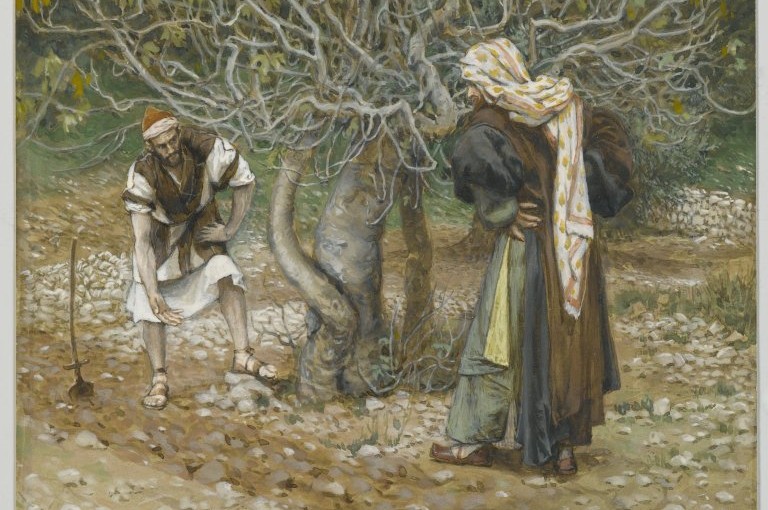

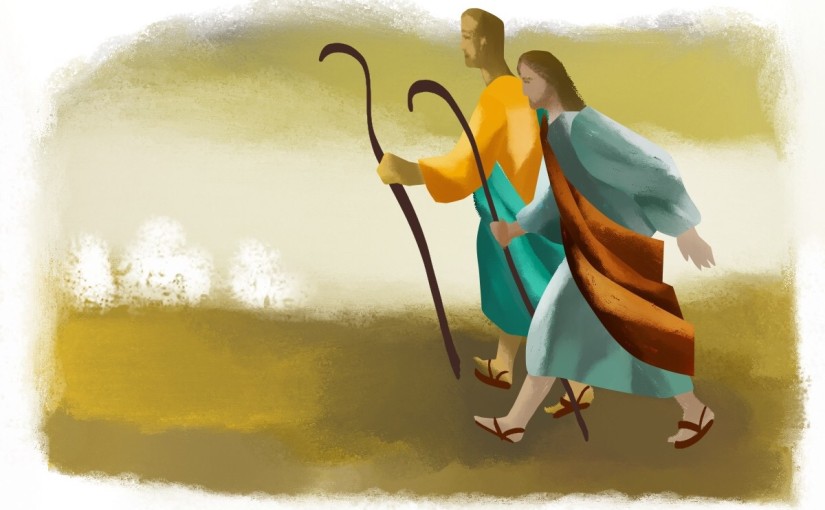


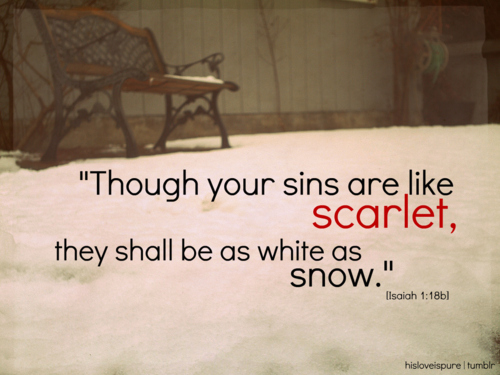
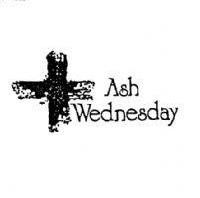
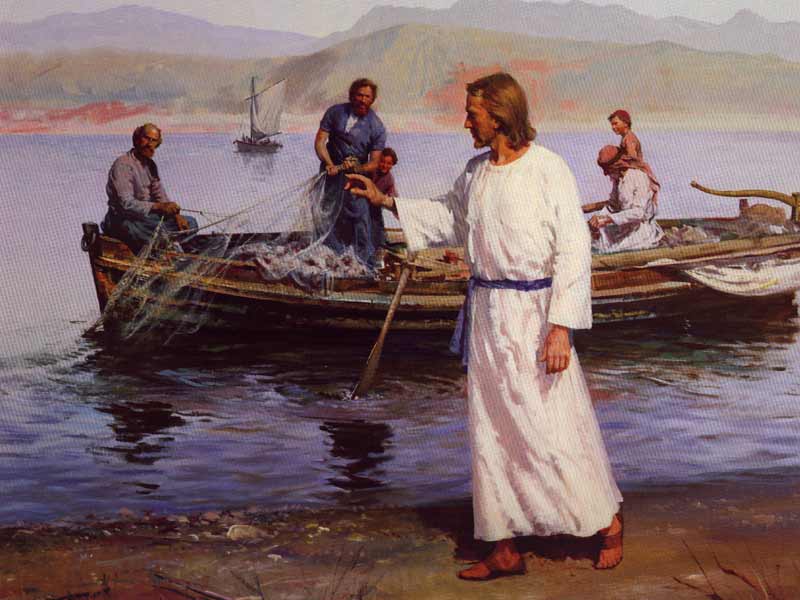
You must be logged in to post a comment.